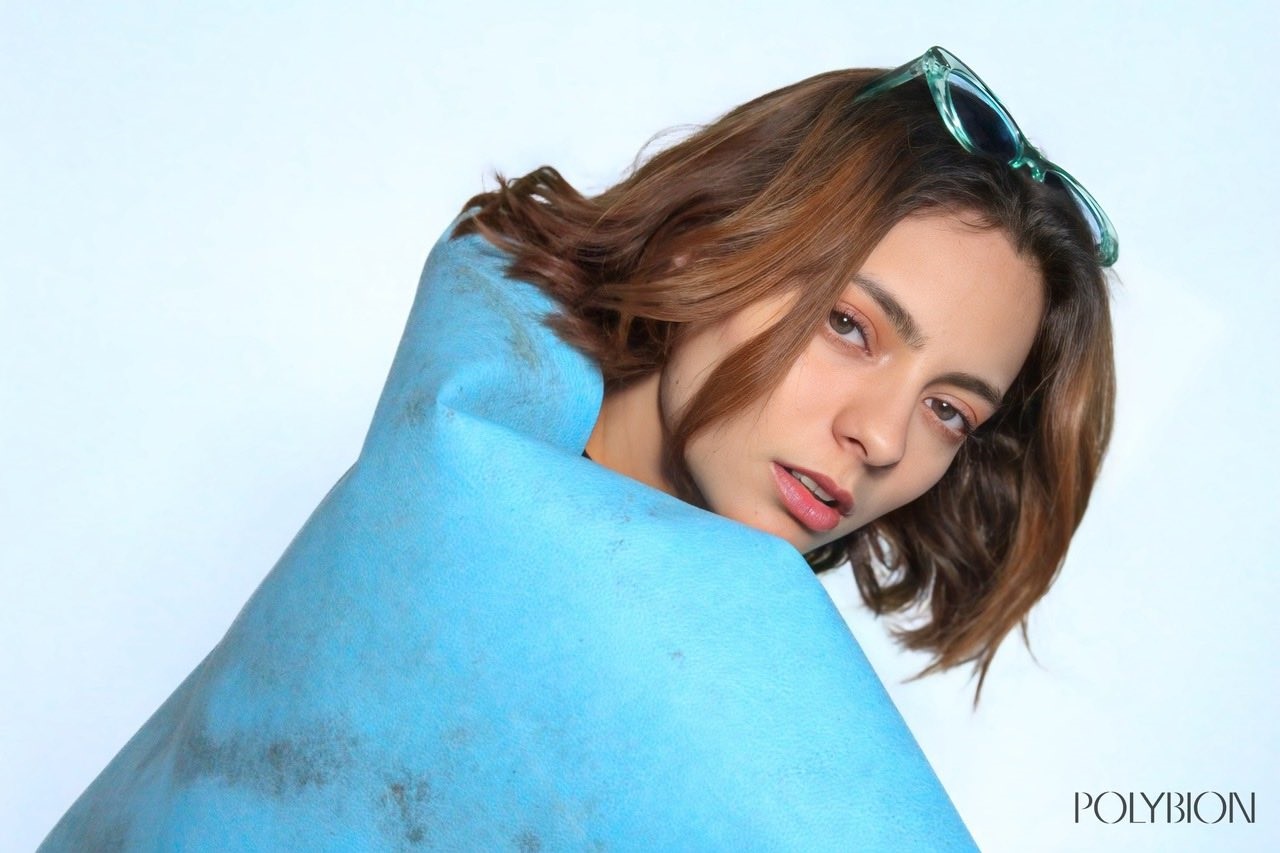Polybion™ unveils the worldwide market debut of Celium™, marking a significant milestone for the company and bringing biomaterials a step closer to becoming a widely accessible choice for large-scale consumer applications. With the operational success of its pioneering bacterial cellulose manufacturing facility in Central Mexico, Polybion sets a new standard in the production of Celium™ Premium Cultivated Cellulose. The solar-powered plant is a testament to years of dedicated iteration, research, and development, with a production capability poised to meet the increasing demand for next-generation materials.
Celium is grown by feeding bacteria with agroindustrial fruit waste. It is a unique fabric that offers a sustainable approach, and forward-thinking aesthetics to designers and material engineers. It can be dyed, embossed and tanned with chromium-free formulations using existing infrastructure, which allows for a lower negative impact to the environment than traditional fabrics. Due to its inherent biological composition, Celium™ possesses a character of its own, it refuses to be confined by the limitations of existing materials. Instead, it emerges as a new fabric with self-defining aesthetics. It offers a leather-like feel, boasting unique properties tailored for fashion, sportswear, and automotive applications.
With its official availability to the general public in May 2024, Polybion’s Celium™ is set to create an entirely new category, not just to serve as a mimic of leather or another form of plastic, like most alternatives to leather in the market.The launch is complemented by the introduction of the Celium™ Swatch Sampler, a curated collection designed to inspire and enable designers and material engineers to explore the vast potential of this material. The sampler showcases the fabric’s remarkable versatility, showcasing a spectrum of possibilities. From vibrant marbled patterns achievable only with bacterial cellulose to timeless classic tones, it underscores the material’s adaptability for diverse applications.
With biology-related hurdles solved at scale, Polybion finally unveils its landmark material, marking a pivotal moment in the widespread adoption of bacterial nanocellulose for consumer product applications, empowering more brands to adopt low-carbon materials into their product categories.
